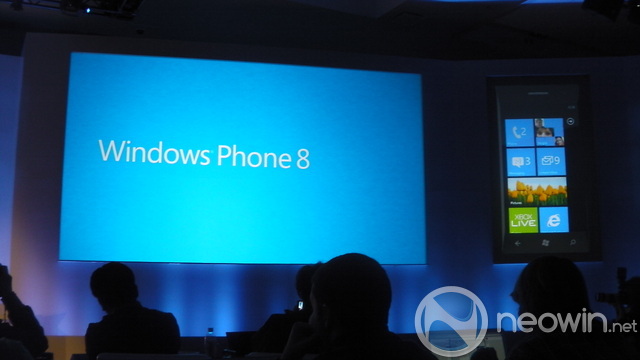The Nigerian scam is so old and well known that you'd think almost no one would fall for it. It's been around since the early days of the internet and has been the butt of countless jokes, but it turns out that that could be just what scammers are aiming for, if a study from Microsoft is to be believed.
Hopefully our readers are well enough informed not to fall for the scam, but here's a quick refresher, just in case: you get an email from someone claiming to be a rich dude in Nigeria (or, more recently, Gaddafi's exiled treasurer) who needs your help to get to his money. Help him out and you'll get a nice chunk of it, and never work another day in your life. Unfortunately, 'helping him out' generally involves wiring along a chunk of your money, to help 'smooth things along.'
The study, by Microsoft's Cormac Herley, is titled 'Why do Nigerian Scammers Say They are from Nigeria?' and is significantly less fun than those infographics Microsoft sometimes puts out, so we'll give you the gist of it right here.

The study places scam targets into two categories: victims (positives) and smart people (false positives). Since there are way more false positives than positives, the scammers need a way to weed out all but the extremely gullible, and what better way to do that than by making the scam look like a total farce to anyone who's been on the internet for more than five minutes?
Since each scam is not free for the scammer (it's costing them money to pay people to do their dirty work, taking up time, and there are mules to collect and deliver the funds, too), this works out pretty well by keeping them from having to deal with people who get the scam. It's actually not in their best interest to craft a more convincing scam, so they keep falling back on the same old story!
With that out of the way, the scammers are left with a 'tiny subset' of the population, the least savvy of users, and the perfect targets for their well worn scam. Even though the whole idea seems pretty silly to us, the scammers would have to be pretty smart to think things through this well, which typically isn't how we think of Nigerian scammers. If anything, it reminds us that these people do know what they're doing, and that even savvy users need to tread carefully.
Image via: Test Freaks
Via: Computerworld
Source: Microsoft Research















27 Comments - Add comment